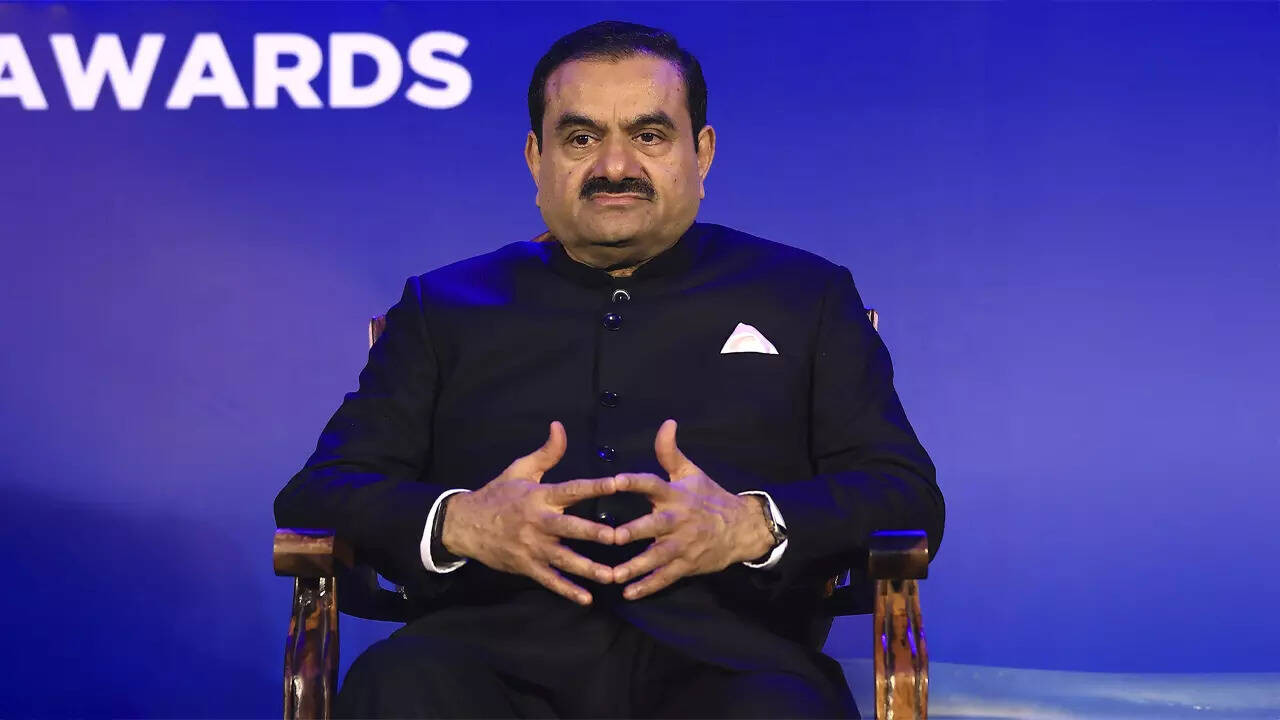The US Securities and Exchange Commission (SEC) has still not served summons to Gautam Adani and his nephew, Sagar Adani, in India, nine months after initiating legal proceedings. The SEC’s efforts include seeking assistance from Indian authorities under the Hague Service Convention. The case involves allegations of false and misleading representations by Adani Green Energy Ltd.
Unpacking the Adani Investigation: What’s Taking So Long?
The buzz around the Adani Group hasn’t quieted, especially with the ongoing scrutiny from international regulators. The latest twist? The U.S. Securities and Exchange Commission (SEC), deep in its investigation of the conglomerate, hasn’t yet served a summons to Sagar Adani, nephew of Gautam Adani, within India. This delay is raising eyebrows, sparking questions about the complexities of international investigations, and leaving many wondering what’s next in this high-stakes saga.
The SEC’s interest in the Adani Group stems from concerns raised by short-seller Hindenburg Research. Their report, released early last year, accused the group of stock manipulation and accounting fraud. Adani Group vehemently denied these allegations, but the report triggered a significant market downturn for the company and invited intense regulatory attention worldwide.
One might assume that serving a summons would be a straightforward process. However, international legal proceedings often involve navigating a tangled web of treaties, protocols, and differing legal standards. In this instance, the SEC needs to adhere to established procedures for serving legal documents in India.
The primary avenue for such service is typically through the Hague Convention on the Service Abroad of Judicial and Extrajudicial Documents in Civil or Commercial Matters. Both the United States and India are signatories to this convention, which aims to streamline the process of serving documents across international borders.

The Hague Convention dictates that the serving authority in the requesting country (in this case, the U.S. Department of Justice on behalf of the SEC) must formally request service through a designated Central Authority in the requested country (the Ministry of Law and Justice in India). This Central Authority then ensures that the summons is served in accordance with Indian law. This process, while designed to be efficient, can still be time-consuming due to bureaucratic hurdles and the sheer volume of international legal requests.
Several factors could contribute to the delay. The complexity of the case itself, involving intricate financial transactions and potentially cross-border dealings, might necessitate meticulous preparation of the summons and supporting documentation. The SEC needs to ensure that all the paperwork is in order and complies with both U.S. and Indian legal requirements to avoid any challenges to the service’s validity.
Furthermore, translation requirements can add to the timeline. All documents intended for service in India must be translated into Hindi, the official language. This translation must be accurate and certified to be accepted by the Indian authorities.
Another potential hurdle is the recipient’s availability. Successfully serving a summons requires locating the individual and ensuring they are available to receive the documents. If Sagar Adani is traveling or difficult to reach, it could further prolong the process. It is worth noting that this is not an indicator of any wrongdoing. Serving a summons is a procedural step in an investigation.
The lack of a served summons, at this stage, doesn’t necessarily indicate a weakening of the SEC’s resolve. Instead, it likely reflects the procedural complexities inherent in international investigations. The SEC has demonstrated its willingness to pursue the Adani Group case, and this specific instance appears to be a matter of navigating international legal channels. We have previously discussed the overall Adani investigation and its potential impact on Indian markets. Understanding the intricacies of these processes is crucial for interpreting the developments in this evolving situation.
Ultimately, the SEC’s investigation into the Adani Group is a marathon, not a sprint. The wheels of international justice turn slowly, and patience is required to see these complex cases through. While the delay in serving the summons to Sagar Adani might seem significant, it is more likely a reflection of the intricate legal landscape and bureaucratic procedures involved in cross-border investigations. The future direction of the SEC’s investigation hinges on its findings, which may take considerable time and effort to uncover. The question remains: what new developments will come to light as the investigation continues to unfold?







